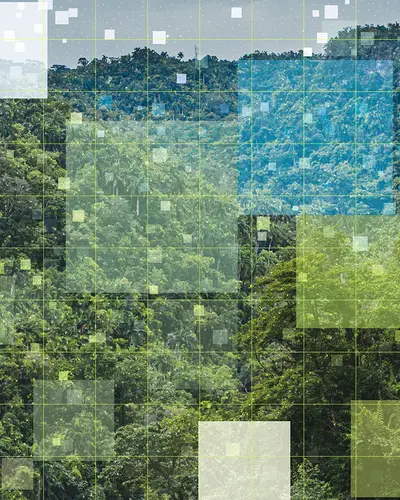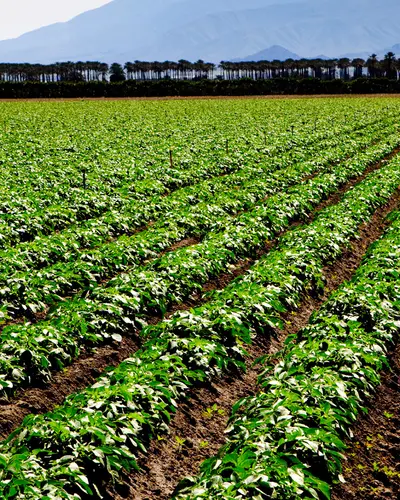Multidisciplinary expertise and research insights our clients need to inform policy, practice, and programs
By combining the intellectual talents of leading scientists and experts across key practice areas, we are able to address some of the world’s most complex scientific and social challenges. We lead projects on behalf of a range of clients that includes government agencies, academia, foundations, global NGOs, and commercial companies.
Across these areas of practice, we deliver comprehensive services and capabilities in support of the missions and goals of our clients.
Driven by our own mission to improve the human condition, we seek to create and apply programmatic and technological solutions that will make a positive difference around the world.







